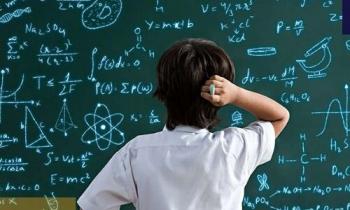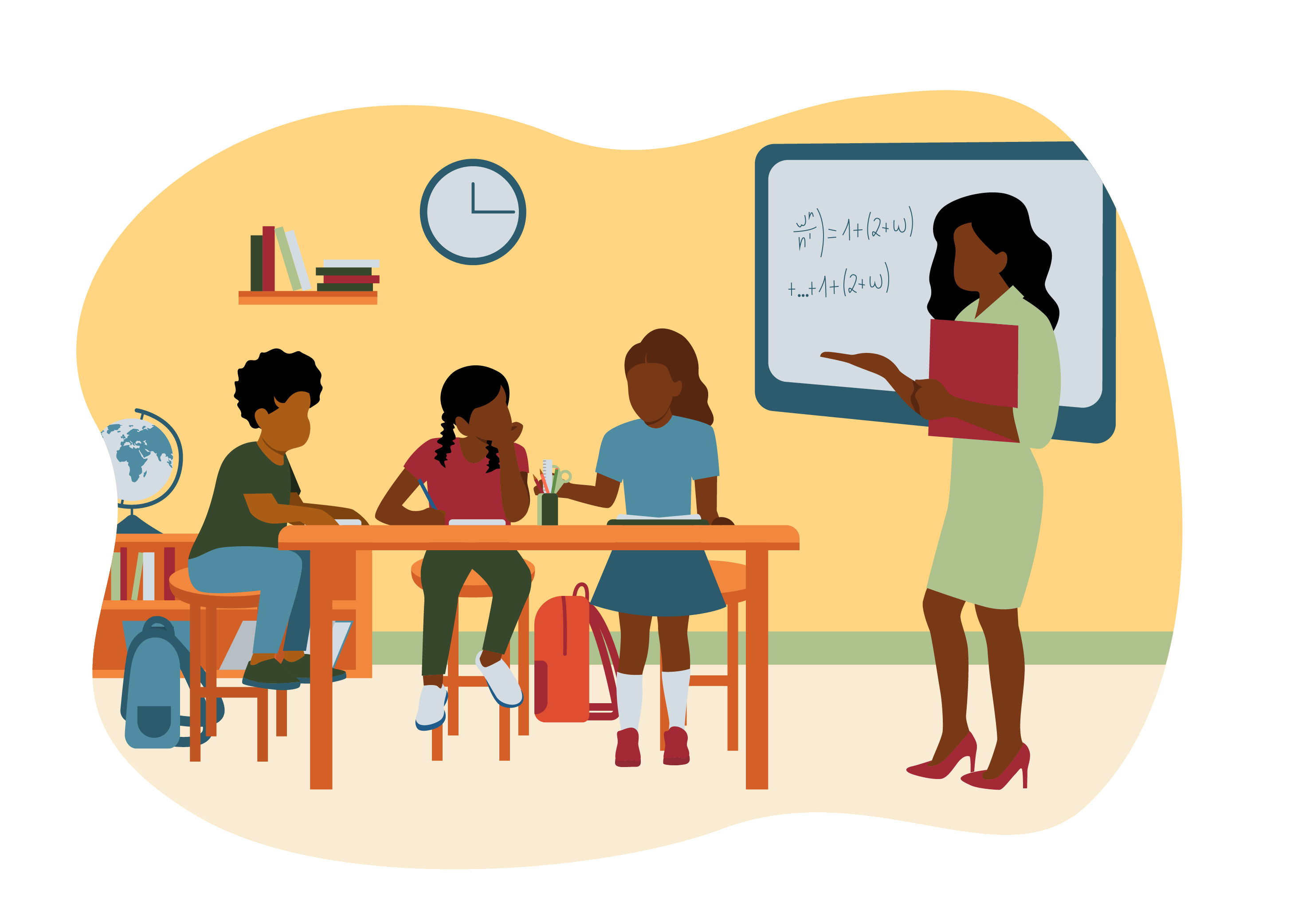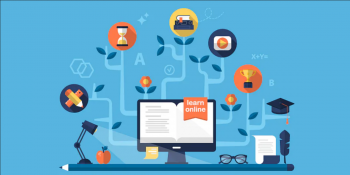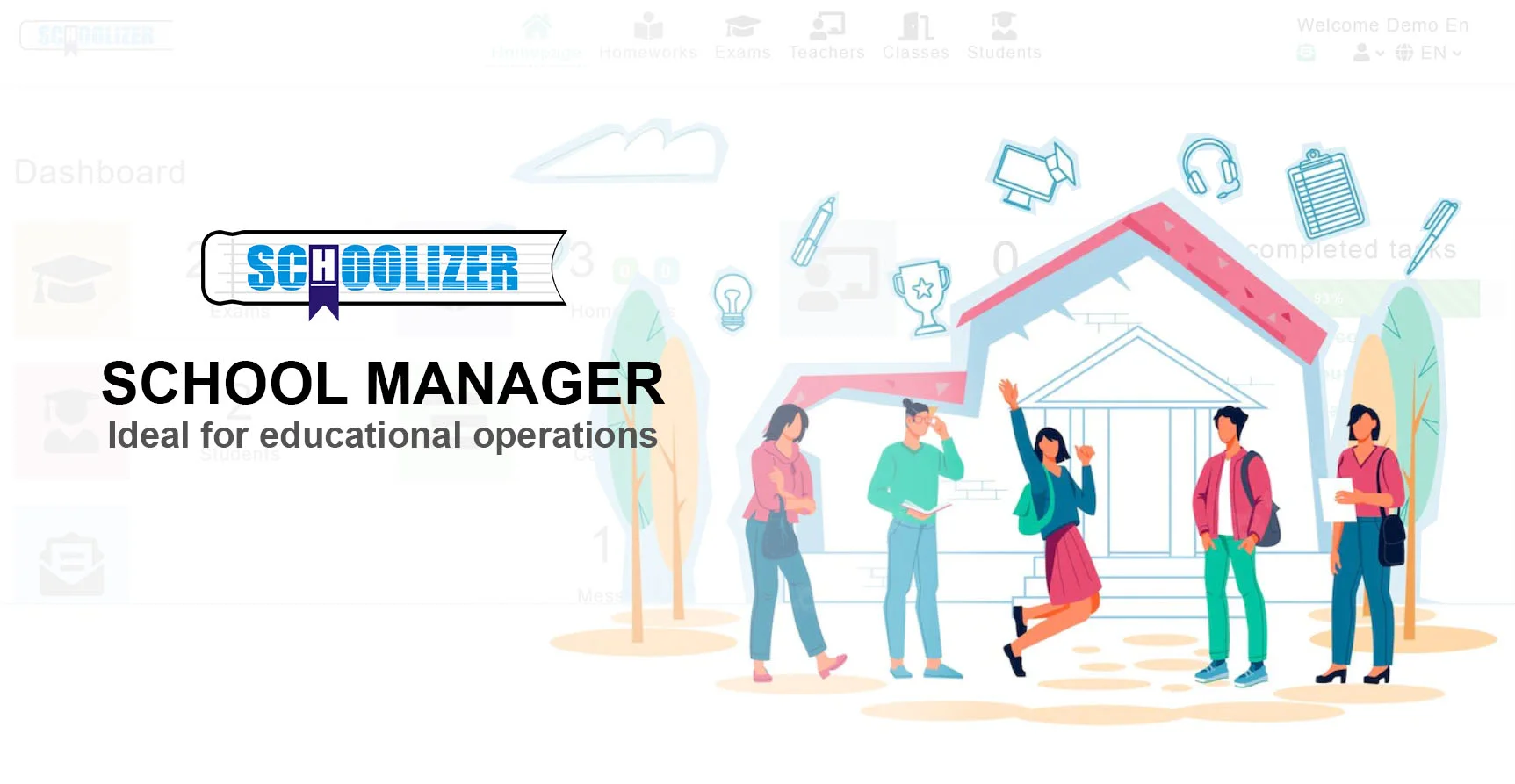The Importance of Critical Thinking Skills for Students

Introduction: In today's rapidly changing world, where information is abundant and challenges are diverse, the ability to think critically has become more crucial than ever for students. Critical thinking skills enable students to analyze information, evaluate arguments, and solve problems effectively.
In this blog post, we will explore why developing critical thinking skills is essential for students, how it impacts their academic and personal success, and what strategies educators can employ to foster these skills in the classroom.
What are critical thinking skills?
Critical thinking skills refer to a set of cognitive abilities and dispositions that enable individuals to analyze information, evaluate arguments, and make reasoned judgments. These skills involve actively and skillfully conceptualizing, applying, analyzing, synthesizing, and evaluating information gathered from observation, experience, reflection, reasoning, or communication.
Critical thinking skills include, but are not limited to, the following:
- Analysis: The ability to examine information or a situation by breaking it down into its component parts to understand its structure or essence.
- Evaluation: The capacity to assess the credibility, relevance, and quality of information, arguments, or claims based on evidence and logical reasoning.
- Inference: The skill of drawing logical conclusions or making reasoned predictions based on available information and evidence.
- Interpretation: The ability to understand and explain the meaning or significance of information, data, or concepts within a specific context.
- Problem-solving: The capacity to identify, define, and solve problems effectively using critical thinking skills such as analysis, evaluation, and inference.
- Creativity: The inclination to think innovatively, generate novel ideas, and explore alternative perspectives or solutions.
- Reflection: The practice of examining one's own thinking processes, assumptions, and biases to improve understanding and decision-making.
- Decision-making: The skill of making well-informed and rational decisions based on careful consideration of available information, potential consequences, and ethical considerations.
- Communication: The ability to articulate thoughts, ideas, and arguments clearly and persuasively, and to engage in constructive dialogue with others.
Read more: How to Become the Best Science Teacher? Top Tips for All Science Teachers in 2024
The Importance of Critical Thinking Skills for Students
Here's a list highlighting the importance of critical thinking skills for students:
- Enhances academic performance by enabling students to comprehend complex concepts and engage deeply with course material.
- Facilitates effective problem-solving by encouraging students to analyze situations, identify underlying issues, and develop innovative solutions.
- Promotes independent thinking and intellectual autonomy, empowering students to question assumptions and form their own opinions.
- Builds resilience by teaching students to evaluate evidence, consider multiple perspectives, and adapt their viewpoints in light of new information.
- Fosters creativity by encouraging students to think outside the box and generate original ideas and insights.
- Prepares students for success in the workforce by equipping them with the analytical and decision-making skills needed to thrive in diverse professional settings.
- Cultivates informed citizenship by enabling students to critically evaluate media, political discourse, and societal norms, and engage in constructive civic dialogue.
- Enhances communication skills by teaching students to articulate their thoughts clearly, support their arguments with evidence, and engage in respectful debate.
- Encourages lifelong learning by instilling a mindset of curiosity, inquiry, and continuous self-improvement.
- Equips students with the tools they need to navigate the complexities of the modern world with confidence, adaptability, and intellectual rigor.

Read more: How Do I Become The Best History Teacher? 7 Tips for All History Teachers
How to Enhance Critical Thinking Skills for Students?
Enhancing critical thinking skills in students requires a multifaceted approach that involves fostering an environment conducive to active learning, providing opportunities for practice and feedback, and offering guidance and support. Here are some strategies to help enhance critical thinking skills for students:
- Encourage questioning: Foster a classroom culture that values curiosity and inquiry by encouraging students to ask questions, challenge assumptions, and seek deeper understanding.
- Provide real-world problems: Present students with authentic, complex problems or scenarios that require critical analysis and creative problem-solving. This could involve case studies, simulations, or project-based learning activities.
- Teach metacognitive strategies: Help students develop metacognitive awareness by teaching them strategies for monitoring, evaluating, and regulating their thinking processes. Encourage reflection on their learning experiences and strategies for improvement.
- Promote collaboration: Encourage collaborative learning environments where students can engage in meaningful discussions, share diverse perspectives, and collaborate on projects or problem-solving tasks.
- Teach argumentation skills: Provide opportunities for students to engage in debates, discussions, or persuasive writing activities where they must construct well-reasoned arguments, support their claims with evidence, and respond to counterarguments.
- Use Socratic questioning: Incorporate Socratic questioning techniques into classroom discussions to prompt deeper thinking and encourage students to analyze and evaluate ideas critically.
- Provide feedback: Offer constructive feedback that focuses on the quality of students' thinking processes rather than just the correctness of their answers. Encourage students to revise and refine their thinking based on feedback received.
- Use inquiry-based learning: Design learning experiences that encourage students to explore open-ended questions, conduct research, and draw their own conclusions through inquiry-based learning approaches.
- Integrate technology: Use technology tools and resources to facilitate critical thinking, such as online discussion forums, multimedia presentations, interactive simulations, or digital research platforms.
- Model critical thinking: Demonstrate critical thinking skills yourself by modeling how to ask thoughtful questions, analyze information critically, and consider alternative viewpoints. Encourage students to emulate these practices in their own thinking and learning.
Learn more:
Are critical thinking skills good for teachers?
Critical thinking skills are highly beneficial for teachers as well. Here's why:
- Effective problem-solving: Teachers often encounter various challenges in the classroom, such as addressing diverse learning needs, managing classroom dynamics, or adapting instructional strategies. Critical thinking skills enable teachers to analyze these challenges systematically, identify underlying issues, and develop effective solutions.
- Facilitate decision-making: Teachers constantly make decisions about curriculum, instructional methods, assessment strategies, and classroom management. Critical thinking skills help teachers evaluate available options, anticipate potential consequences, and make informed decisions that best meet the needs of their students.
- Promote reflective practice: Critical thinking skills encourage teachers to reflect on their teaching practices, assess their effectiveness, and identify areas for improvement. By critically examining their instructional methods, classroom interactions, and student outcomes, teachers can continuously refine their teaching practices to better support student learning.
- Encourage innovation: Critical thinking skills foster a mindset of creativity, innovation, and adaptability, which is essential for addressing the evolving needs of students and the changing landscape of education. Teachers who think critically are more likely to explore new ideas, experiment with different teaching approaches, and implement innovative instructional strategies.
- Enhance collaboration: Critical thinking skills facilitate effective collaboration among teachers, enabling them to engage in constructive dialogue, share best practices, and collaborate on curriculum development or instructional planning. By critically evaluating each other's ideas and perspectives, teachers can collectively enhance the quality of teaching and learning in their school or district.
- Promote lifelong learning: Teachers who possess strong critical thinking skills are more likely to engage in ongoing professional development, seek out new learning opportunities, and stay abreast of current research and best practices in education. This commitment to lifelong learning enables teachers to continually grow and evolve as educators, benefiting both themselves and their students.

Read more: How to Become the Best Computer Teacher? 7 Steps You Must Follow
In conclusion
The importance of critical thinking skills for students cannot be overstated. These skills not only enhance academic performance but also prepare students for success in their future careers and personal lives.
By nurturing critical thinking abilities, educators empower students with Schoolizer to navigate the complexities of the modern world with confidence and adaptability. Therefore, it is imperative that schools and educators prioritize the development of critical thinking skills to ensure the growth and success of the next generation.






